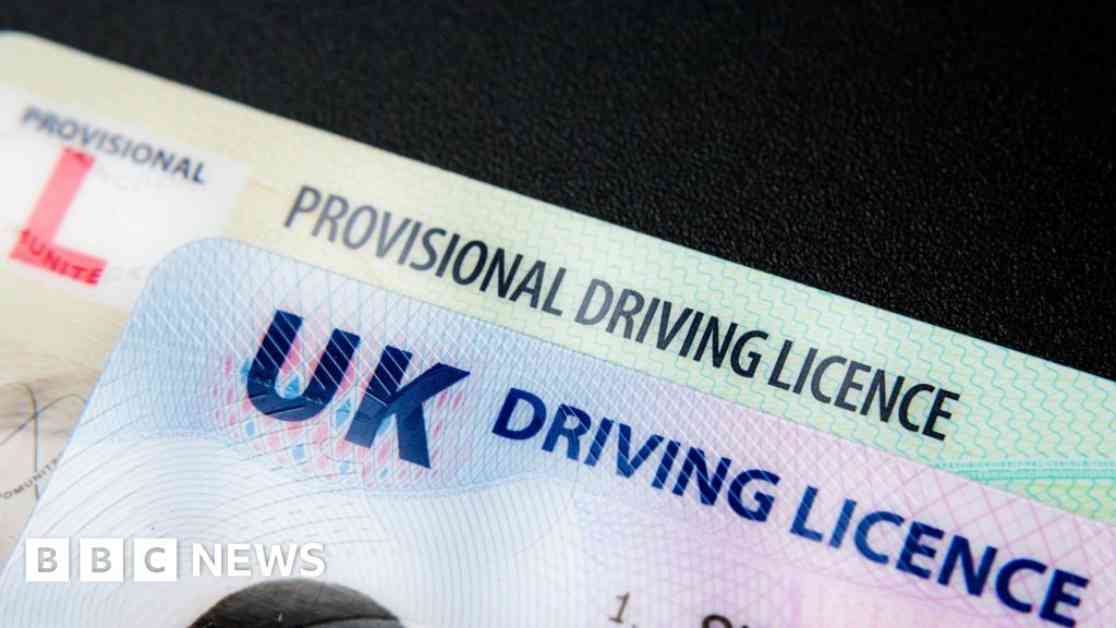**Introducing Digital Driving Licences in the UK: A Game-Changer for ID Verification**
Digital driving licences are set to revolutionize the way we verify our identities in the UK, as the government embraces technology to modernize public services. This new initiative, which will be accessible through a government smartphone app, promises to streamline processes and make life easier for citizens. But what exactly do you need to know about these digital IDs?
**The What, When, and Why of Digital Driving Licences**
The introduction of digital driving licences marks a significant shift towards a more tech-savvy approach to identification in the UK. While physical licences will still be issued, the government is rolling out a voluntary digital option that is expected to bring government services into the digital age. According to a government spokesperson, the goal is to leverage technology to enhance user experience and transform public services. This move comes as technology advancements have made digital identities more secure than their physical counterparts, offering a more convenient and efficient way for individuals to prove their identity.
**How Digital Licences Will Work**
The new digital licences are slated to be launched later this year as part of a comprehensive “wallet” feature within the Gov.uk app. This wallet will offer a secure platform for individuals to store and access their digital driving licences using cutting-edge security measures such as biometrics and multifactor authentication. By integrating features commonly found in banking apps, the government aims to ensure that only the rightful owner of a licence can access and utilize it.
**Possible Applications and Considerations**
The potential applications of digital driving licences are vast, with reports suggesting that they could be used for a variety of purposes such as age verification at self-checkouts in supermarkets. Additionally, users may have the option to conceal sensitive information like their address in certain scenarios, enhancing privacy and security. While the government is exploring the integration of other services like tax payments and benefits claims into the app, physical identification documents are not expected to be phased out entirely.
**The Global Landscape of Digital IDs**
Digital driving licences are not a novel concept, with countries like Australia, Denmark, Iceland, Norway, and some US states already implementing virtual IDs. In the European Union, member states are mandated to introduce at least one form of digital ID by 2026, highlighting the growing trend towards digitalization in identification processes. Despite calls for a broader digital ID card in the past, concerns about privacy and security have tempered such proposals.
In conclusion, the introduction of digital driving licences in the UK heralds a new era of innovation and efficiency in identity verification. With the promise of enhanced security, convenience, and integration with other services, these digital IDs are poised to reshape the way we interact with government agencies and access public services. Stay tuned for more updates as this groundbreaking initiative unfolds.













